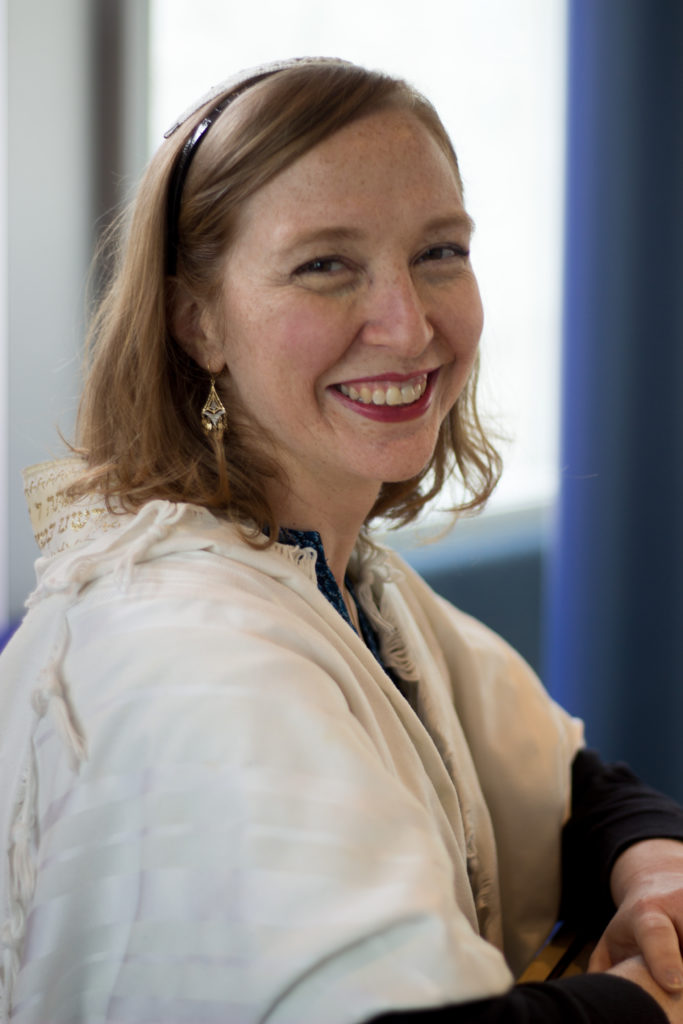This week, Jews around the world hear that in order to offer sacrifices, a priest has to be without “moom,” without physical blemish and that the animal he sacrifices must also be without blemish. At least, that’s what we would hear if we were actually in synagogue this week. Although 94% of American Jews report feeling proud to be Jewish, only 31% are synagogue members, and of those, a much smaller percentage of us attend synagogue on a weekly or even monthly basis. (Pew Study)
If we are actually in synagogue, and we are actually listening to the words of the Torah reading no matter how long it goes on, Jews who hear this would be forgiven if we assume it is telling us exactly the pshat of the text, the first layer of meaning that skims along the top of the words. The altar is the place for those who are unblemished. The unblemished get to approach and be accepted by God on behalf of the rest of us.
It won’t ring true. Add it to the heap of reasons that the Torah reading doesn’t get my life. Add it to the impression that the words we say in synagogue are beamed in from another time and place, and we repeat them out of obligation or habit.
When I wake up today, I see mess. I see hustling to achieve what, in the end, amounts to much less than my parents’ generation. I see war, violence, terror. I see striving for approval through “like” buttons and missing out on relationships. I see being measured by my productivity.
Could we look in a deeper way? What is this unblemished sacrifices ritual doing, on a psychological level? We read it in a trop, the chanting tune, that was originally intended to add musical punctuation to the sentences but that in these sanctuary walls tends to flatten each word into the next. The verses seem descriptive. But what if they were prescriptive?
We are surrounded by wellness culture. Not only are we striving to make a living, we’re also trying to have smooth skin, daily yoga, and me-time; gratitude journals and 10-minutes-a-day-abs and breathing in between meetings, hoping that someday we will become unblemished, the very highest, perfect version of ourselves. It’s good to have aspirations. But not if they mean that every day, I wake up and see the flashing percentage of blemish I still carry instead of seeing that praiseworthy quality in me that says, just a little bit better today than the day before if you can muster it. If you can muster it today.
What if right here, in the sanctuary, to whomever has shown up, Parashat Emor is saying: Take that unblemished, perfect version of yourself you think God wants. And slaughter it. You won’t get there. Now go out and make something of the rest of your day.

Rabbi Julia Appel is Clal’s Senior Director of Innovation, helping Jewish professionals and lay leaders revitalize their communities by serving their people better. She is passionate about creating Jewish community that meets the challenges of the 21st century – in which Jewish identity is a choice, not an obligation. Her writing has been featured in such publications as The Forward, The Globe and Mail, and The Canadian Jewish News, among others.

